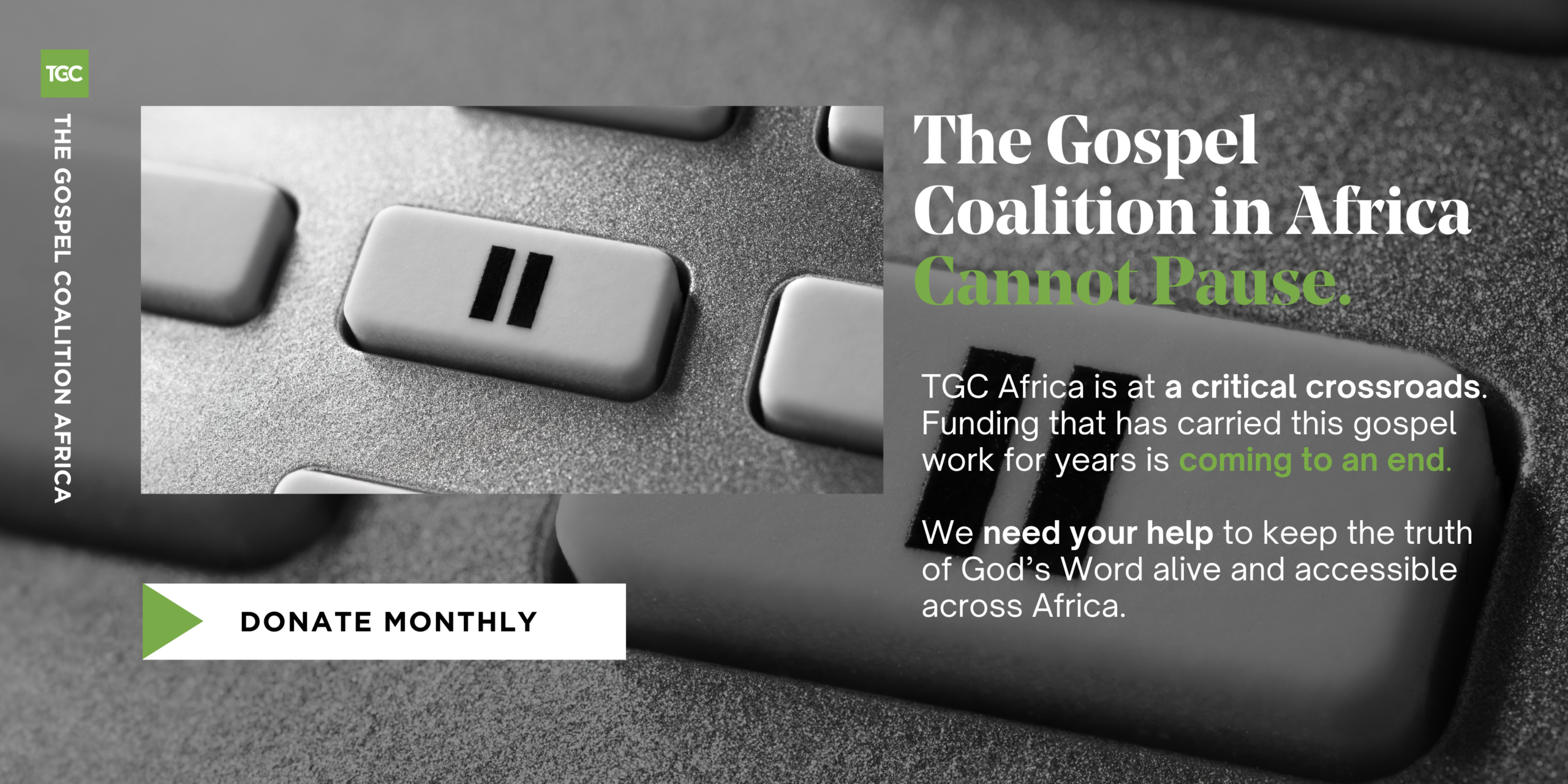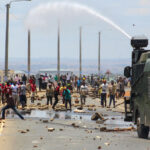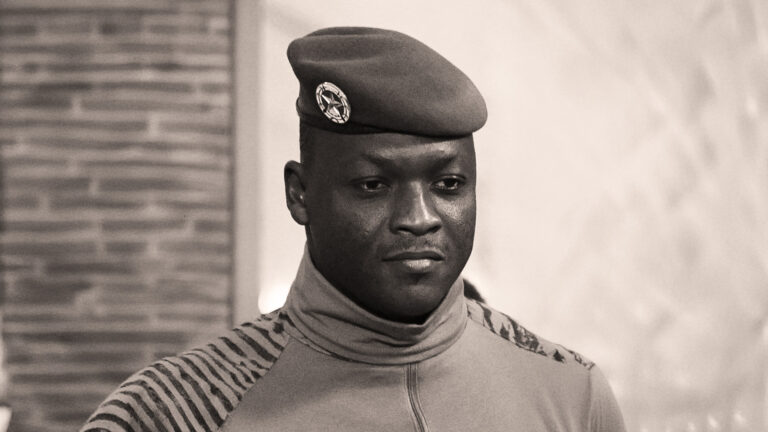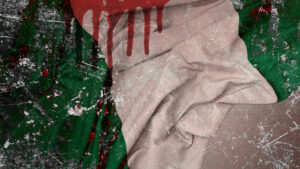I have often wondered how some Christians reflect their faith better than others, personality and gifting notwithstanding. No judgment here, just thoughts for your consideration. By “reflect” I mean the ability to articulate why they are Christians; what makes up their faith, and who God is to them. Think of a mirror. A well-polished mirror reflects images clearly. Conversely, an unpolished mirror distracts and can at times distort images owing to the dirt, grime and dust on its surface.
We better reflect our faith to the world when we engage with our context.
Assuming most would prefer to reflect their faith like a polished mirror reflects clear images, I believe we reflect our faith to the world better and coherently when we engage deliberately with contexts or phenomena around us. The Holy Spirit works powerfully where scripture and context intersect to form our faith, giving us a better understanding of God, ourselves and our relationship with him. One such is the unfolding situation in Burkina Faso, under Captain Ibrahim Traoré.
Who Is Ibrahim Traoré? What Has He Done?
Ibrahim Traoré is making waves in African discourse on political leadership. He is the current president of Burkina Faso, a name that means ‘land of the upright people.’ Burkina Faso is one among ten countries that form the Sahel region. Traoré rose to power through a military coup in September 2022. Since then, he has instituted sweeping reforms. Those reforms include ending military agreements with France in 2023; renegotiating agreements with mining companies to prioritise the local economy; reviving the agricultural sector; and fighting against Islamist jihadists, to name just a few.
Traoré is igniting crucial conversations about youth leadership across all sectors.
These reforms, along with his rhetoric, portray him as a Pan-African, encouraging solidarity among Africans and emphasising our shared history, culture, and interests. Pan-Africanism champions full autonomy from colonial influence and envisions self-determined economic empowerment for Africa. For the older generation, he has an uncanny resemblance to Thomas Sankara. Like Sankara, Ibrahim Traoré has reawakened the vision of founding leaders across the continent at the end of colonisation, a vision of collaboration and unity. For young people, Ibrahim Traoré is incredibly inspiring because he is leading a country in his late thirties.
For such a young continent with increasingly ageing leaders, Traoré is breaking the mould by igniting crucial conversations about youth leadership across all sectors. Africans, sadly, aren’t strangers to leaders who cling to power, well into senility. But Traoré is different, both in his age and ambitions for young Africans. He has opened conversation around young people and leadership across all sectors and platforms. Coverage by some western media points to concerns around democratic freedom and protection of human rights, given that he is leading a military regime. While these concerns are legitimate, the overwhelming support from locals, coupled with alleged assassination attempts, isn’t without reason. It reveals a complexity of issues facing the mineral-rich Sahel region.
Worldly Phenomena and Theological, Heavenly Truths
I have a fairly simple aim for this article. I’m going to use Ibrahim Traoré as a platform to wrestle with the dynamic of Christian hope in a broken world, even as we pray for positive outcomes in Burkina Faso. This hope is distinctly awakened in and through Jesus Christ; his death and resurrection, as well as his activity in the human heart through the Spirit and the kingdom he came to establish.
Traoré has brought hope to the people of Burkina Faso.
It goes without saying that Traoré has brought hope to the people of Burkina Faso. Hope is like harufu ya mvua, as we say in Kiswahili; loosely translated as ‘the smell of rain.’ The waft of air released when droplets of water make contact with parched soil is surely an African experience. It is a distinct signal that rain is coming. Ibrahim Traoré is harufu ya mvua that has hit the nostrils of Burkinabés; all going well, long-awaited prosperity is coming!
Patrick Loch Otieno Lumumba (better known as P.L.O. Lumumba), an intellectual giant of Africa and a treasure trove of Africa’s political history, has spoken of Traore as a “symbol” of African renaissance. While Lumumba remarks that the jury is still out on Traore’s leadership and legacy, the language of symbol sparks imagination. In theological language, symbol translates into icon. So I encourage you to consider Ibrahim Traoré as an icon that could point us to Christ in three ways.
1. Resurrection and Hope
The bitterness and darkness of Christ on the cross is a chilling image. Christ endured the cross so that humanity would be set free, delivered from the grip of sin and the stranglehold of Satan. From this darkness Christ arose in blinding light to the gazing astonishment of those who’d given up. The inexplicable but undeniable had occurred. Christ had arisen! Hope was rekindled. Tears welled up in the eyes of those who thought all was lost.
Christ endured the cross so that humanity would be set free.
Ibrahim Traoré’s coup was seen as a positive step by many Burkinabés. It was a puzzle unless one considered the context: jihadist insurgency, unbridled exploitation of minerals by foreign powers, estrangement from ECOWAS, internal power struggles, and the list goes on. At the heart of the struggle for those living in Burkina Faso is a dark and bitter fight for genuine freedom. One willing to fight for the interest of the people entered the ring: Ibrahim Traoré. He fought for the kind of freedom that nurtures socio-economic prosperity for all, insisting on collaboration within the continent for collective success. Words cannot capture the haunting despair Africans feel in the face of unrelenting infighting. But tears of joy fill the eyes at the breathtaking possibilities of Africa dancing to one tune, united in purpose for collective prosperity.
We enter the mystery of the cross and resurrection of Christ as we witness and reflect upon the bitter fight for true freedom of Burkinabés, and the resurgence of hope of a united Africa. We dare believe that what Christ achieved through the cross and his resurrection is possible, and nearing our touch, for Burkinabés and for Africa.
2. Power and Transformation
How should we perceive Ibrahim Traoré’s leadership in light of African despots who’ve made so many promises to their nations? Viewpoints calling for calm around Traoré are not unfounded. As the saying goes, power corrupts and absolute power corrupts absolutely. What assurance is there that he will continue steadfastly on the path of reform and change? Uncomfortable yet sobering uncertainty looms. For at the heart of the issue with military despots peppered across African history, is an issue of the heart.
Only Christ is powerful enough to neutralise our sinful natures.
Christ, who died to set us free and whose resurrection revives our hopes, seeks to make a home in the human heart. His presence and Spirit in the heart and conscience of leaders is the only assurance that Ibrahim Traoré—and any leader for that matter—will be a servant of the people. We pray for Traoré to come to faith in Christ, if he hasn’t already. We pray for him and the council around him to be steered by God’s wisdom. Only Christ is powerful enough to hold down and neutralise the sinful nature residing in all of us.
Also, may Christian Burkinabés rise at such a time as this. May they be led by God’s wisdom to establish legal and economic frameworks and institutions that will safeguard the prosperity of their nation to the praise of God, setting a standard for the continent. In the event that Ibrahim Traoré is corrupted by power, Christ’s care for Burkinabés and Africa remains unfailing. In the Gospels, we witness Christ identifying himself with the low, marginalised and downtrodden. May the continent be ready to marshal resources to serve Christ through them if and when that time comes (Matthew 25:36). Their future, Africa’s and our own, has always been in the hands of God.
3. The Kingdom of God
Is the Ibrahim Traoré phenomenon a sign of the kingdom of God at work in our continent? If we share the understanding that the kingdom of God ultimately leads to the flourishing of humanity, nature and the cosmos, it is not a stretch to claim that any phenomenon that liberates from oppression and rekindles life-giving hope is a foretaste of the kingdom of God. Through the joy and hope of Burkinabés, together we savour the taste of God’s kingdom.
We savour the taste of God’s kingdom.
Consider two of Jesus’ kingdom parables: the mustard seed (Matthew 13:31-32) and the yeast (Matthew 13:33). Just like the mustard seed, Jesus’ ministry was small compared to the grander kingdom expectations. Nevertheless, Jesus claimed that in this instance, small isn’t insignificant. For the outcome would be spectacular and towering, visible to all. Like the yeast, what God began with Christ appears insufficient. But God will work imperceptibly. Nothing can halt his work. The yeast will pervade, and the dough will fully rise. God’s kingdom will touch every inch of our world. Through Ibrahim Traoré, we taste the coming completion of what the Father started in Christ.
“On Earth As It Is in Heaven”
In summary, we pray for real, lasting change in Burkina Faso. As we do, the Ibrahim Traoré phenomenon is an opportunity to reflect on Christian hope. This hope is sure. Christ’s death and resurrection guarantee he will complete his work. But we also hope for transformation in Burkina Faso and across Africa. And in the case that our leaders fail, Christ’s love and care don’t. It is unfailing. There is much to be optimistic about. Nevertheless, we continue to pray: “Your kingdom come, your will be done, on earth as it is in heaven” (Matthew 6:10).
 DON’T HAVE PAYPAL TO SET UP A MONTHLY DONATION? If you would like to donate via Payfast – a secure payment gateway available to donors both inside and outside of Africa – please click here.
DON’T HAVE PAYPAL TO SET UP A MONTHLY DONATION? If you would like to donate via Payfast – a secure payment gateway available to donors both inside and outside of Africa – please click here.











